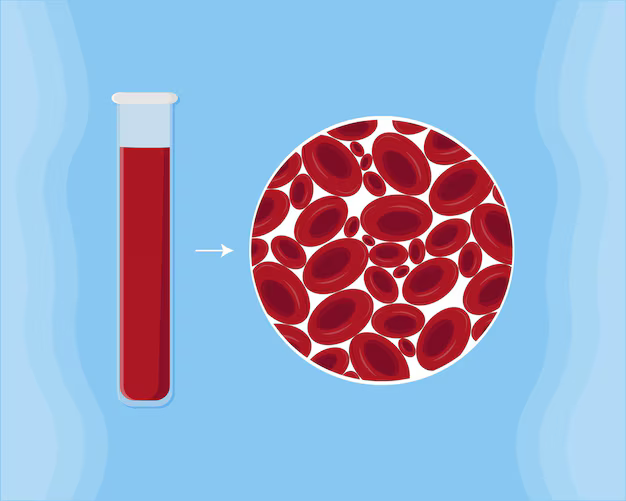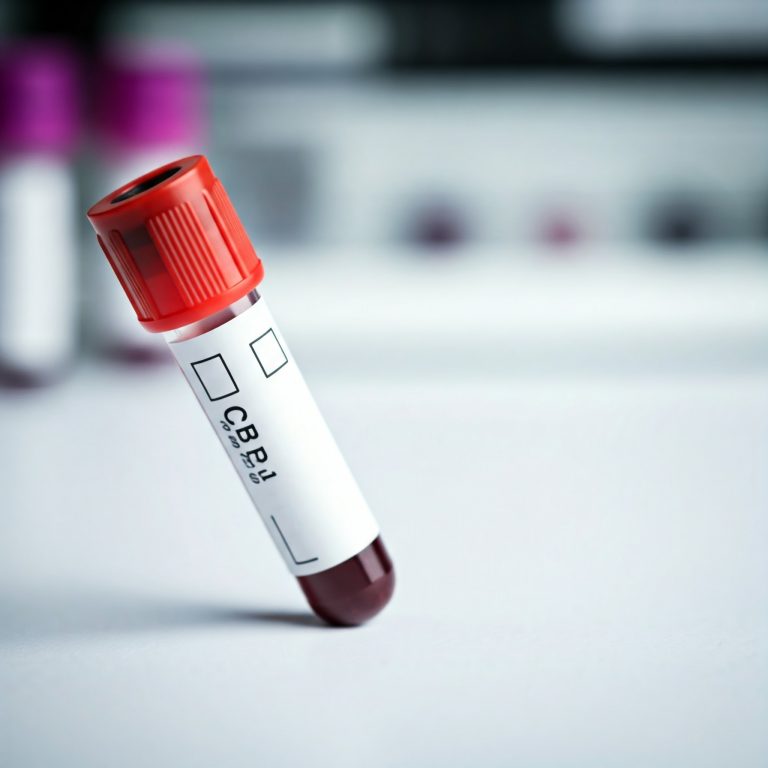Thyroid: Symptoms, Risk Factors, and Testing protocol for illnesses caused by Thyroid Hormone Imbalances.
July 28,2022

What Is Thyroid?
A little gland called the Thyroid is found near the front of the neck, around the windpipe (trachea). It has two broad wings that wrap around the side of your throat and is fashioned like a butterfly with a smaller centre: A gland, the Thyroid—the glands in the body manufacture and release substances that support various biological processes. Your Thyroid produces hormones that assist in regulating several critical bodily processes.
A tiny portion of total thyroid hormones, known as free thyroid hormones, are essential for the body’s biological processes and are not linked to any proteins in circulation. Unknown to the uninitiated, thyroid hormones support vital bodily functions like metabolism, heart, digestion, muscle health, brain growth, bone health, and others.
Your entire body may be affected if your Thyroid isn’t functioning correctly; that’s why a thyroid blood test is done to check the thyroid levels in the body.
Who Is Affected By Thyroid?
Anyone can develop thyroid illness, including men, women, children, teenagers, and the elderly. It might develop as you get older, or it can be present at birth (usually hypothyroidism) (often after menopause in women).
One in ten adults in India, or 42 million people, suffer from thyroid disorders, with hypothyroidism being the most prevalent.
You might be more likely to get thyroid illness if you:
- Have thyroid problems running in your family.
- Possess a medical ailment, such as Sjögren’s syndrome, Turner syndrome, pernicious anemia, type 1 diabetes, primary adrenal insufficiency, lupus, or rheumatoid arthritis.
- The use of iodine-rich medications (amiodarone).
- They are above 60, particularly women. Have previously received therapy for a thyroid disorder or cancer (thyroidectomy or radiation).
Thyroid Symptoms
Several signs and symptoms of Thyroid may be present depending on the severity of the hormone shortage. Many times, problems develop slowly over several years.
The signs of thyroid, such as weariness and weight gain, may first go unnoticed. However, you could experience more glaring issues as your metabolism continues to slow.
Among the indications and symptoms of Thyroid are:
- Fatigue
- Higher sensitivity to the cold
- Constipation
- Gaining weight
- Gaining weight
- Puffy face
- Hoarseness
- Muscle weakness
- Increased blood cholesterol
- Aches, soreness, and stiffness of the muscles
- Joint discomfort, stiffness, or swelling
- Irregular or heavier-than-normal menstrual cycles
- Thinning hair
- Slowed heart rate
- Depression
- Impaired memory
- Enlarged thyroid gland (goiter)
Thyroid Risk Factors
Risk Factors for thyroids are:
- Aging
- Type 1 diabetes
- Prior hyperthyroidism
- External-beam radiation in the head and neck region
- A kid born with Down syndrome, and
- The fact that women are more likely to acquire thyroid illness
It is advised to do Thyroid blood test regularly for people with type 1 diabetes may require testing more frequently than those with type 2 diabetes, starting right away after diagnosis and continuing for about a year. If you have type 2 diabetes, there isn’t a set test plan; however, your healthcare practitioner might advise over time.
Following are the Blood tests done to check your thyroid:
T3: Triiodothyronine tests are used to identify hyperthyroidism or to assess its severity. Although elevated T3 levels in hyperthyroidism make diagnosing and treating the condition easier, low T3 levels can also be seen in hypothyroidism. Range of normal T3: 100 to 200 ng/dL (nanograms per deciliter of blood).
T4: Thyroxine is used to monitor the treatment of thyroid disorders and to test for hypothyroidism and hyperthyroidism. While high T4 levels may signify hyperthyroidism, low T4 levels are seen with hypothyroidism. Adults should have T4 levels between 5.0 and 11.0 ug/dL. (micrograms per deciliter of blood).
TSH: The pituitary gland produces thyroid-stimulating hormone (TSH), which controls the ratio of thyroid hormones in the bloodstream, including T4 and T3. This is typically the initial test your doctor will perform to look for an imbalance in thyroid hormones. Most of the time, thyroid hormone excess (hyperthyroidism) is linked to a low TSH level, whereas thyroid hormone deficiency (hypothyroidism) is linked to an elevated TSH level. If TSH is abnormal, it may be necessary to measure thyroid hormones directly, such as thyroxine (T4) and triiodothyronine (T3), to further assess the issue. Adults should have TSH levels between 0.40 and 4.50 mIU/mL. (milli-international units per liter of blood).
Free T4 (FT4): Also known as free thyroxine, is a way to measure T4 that does not rely on proteins that naturally bind the hormone and could lead to inaccurate results. Adults should have FT4 levels between 0.9 and 1.7 ng/dL. (nanograms per deciliter of blood)
Free T3 (FT3): It is also known as free triiodothyronine, is a way to measure T3 that does not rely on proteins that naturally bind the substance and could lead to inaccurate results. Range of the normal FT3: 2.3 to 4.1 pg/mL (picograms per milliliter of blood)
Thyroid antibodies: These examinations aid in locating various autoimmune thyroid conditions. Microsomal antibodies, also known as thyroid peroxidase antibodies or TPO antibodies, thyroglobulin antibodies, also known as TG antibodies, and thyroid receptor antibodies, are frequently tested for thyroid antibodies (includes thyroid stimulating immunoglobulins [TSI] and thyroid blocking immunoglobulins [TBI]).
These tests are not intended to diagnose any illness; however, they may lead your doctor to order additional tests to look for a potential thyroid disorder.
Testing Protocol
The thyroid blood test must be donewhen you’re feeling good, so you have a baseline for each person’s TSH levels. Remember that TSH secretion varies throughout the day, peaking late at night and early in the morning and dropping in the late afternoon. If the TSH levels are being serially monitored, they should be checked in a fasting early morning sample.
Get your thyroid test in Navi Mumbai from Simira Diagnostics, one of the trustworthy and reliable diagnostic centres with excellent and friendly services. Book your thyroid blood test now.









Leave a Reply